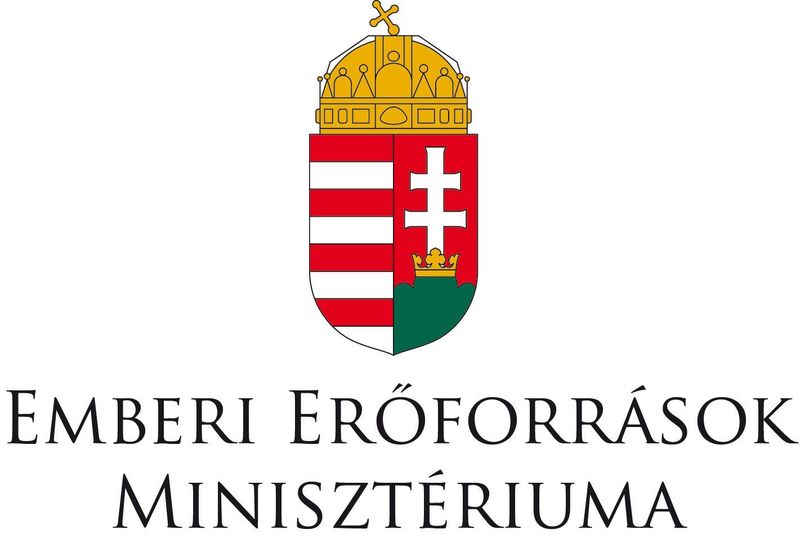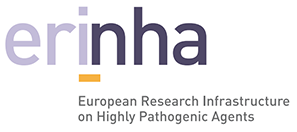The public health body of Hungary
The National Public Health Center (Nemzeti Népegészségügyi Központ) is a central governmental office in Hungary with nation-wide competence, and is responsible for developing and controlling the national public health programs in the field of public health microbiology, environmental and settlement health, radiohygiene and chemical safety, health development and occupational health. The main responsibilities of National Public Health Center in the field of microbiology encompass clinical and epidemiological microbiology, supporting and providing reference laboratory background to public health authorities, operating the national microbiology surveillance center and the National Biosafety Laboratory (biosafety level 3 and 4 laboratories, BSL-3/4), 17 microbiological National Reference Laboratories, conducting basic and applied research, training public health officers and medical postgraduates, organizing external quality assurance and participating in professional codification procedures.
Read more: National Public Health Center (Nemzeti Népegészségügyi Központ)






